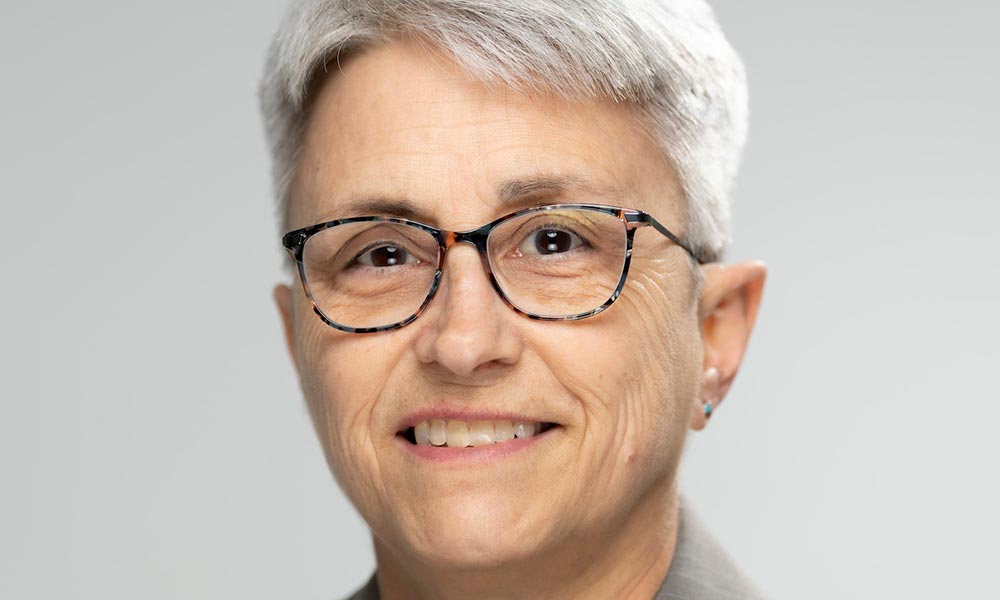
2024 UMaine Presidential Innovation Award
Orono, Maine — Associate Extension Professor Deborah Bouchard was recently honored with the 2024 Presidential Innovation Award by the University of Maine. These awards recognize the exceptional efforts of faculty, alumni, and students in research, innovation and outreach.
With over 30 years of aquaculture experience in both private and public sectors, Bouchard is an invaluable asset to the University and the state of Maine, serving as the Director of the UMaine Aquaculture Research Institute (ARI) as well as Associate Extension Professor of Aquatic Animal Health. Bouchard leads the Aquatic Animal Health Lab which has been recognized as a first-class Contract Research Organization, providing research support and managing clinical trials on behalf of pharmaceutical, biotechnology and medical companies. The work that has come out of the lab has been appreciated by leading national and international companies working in animal health and biotechnology. Bouchard’s work has resulted in many impactful advancements in the research and development of aquatic animal feeds, vaccines, therapeutic agents and feed supplements.
Bouchard has recently been focusing on Recirculating Aquaculture Systems (RAS), made possible by a collaboration with USDA’s Agricultural Research Service (ARS). RAS enhance resiliency in changing environmental conditions and reduce dependence on coastal ecosystems. This focus, along with many others within Bouchard’s work, represents a dedication towards the preservation of Maine’s natural resources and coastal ecosystems. Protecting and strengthening aquatic health promises a sustainable, flourishing and economically stable future for the aquaculture sector of Maine and beyond. Healthier fish lead to more productive, economically thriving farms, which lead to reliable, higher quality seafood for generations to come.
Under Bouchard’s guidance, ARI will soon implement the Sustainable Aquaculture Workforce Initiative Center (SAWIC) to cultivate effective workforce development strategies. The SAWIC will facilitate collaboration among scientists, industry professionals and students to address current challenges and needs in the aquaculture sector, accelerating the development of new technologies and methodologies. This will boost productivity, sustainability, and environmental stewardship within aquaculture. Investment in workforce development strategies like training programs, internships, and educational partnerships will ensure a steady stream of qualified workers, support growth in the industry, and establish aquaculture as a vital piece of Maine’s economy.
Congratulations to Dr. Bouchard.
About University of Maine Cooperative Extension
As a trusted resource for over 100 years, Extension has supported UMaine’s land and sea grant public education role by conducting community-driven, research-based programs in every Maine county. UMaine Extension seeks to build thriving communities and help grow the food-based economy. Extension also leads Maine’s 4-H program, the most successful out-of-school youth educational program in the state. 4-H programs are grounded in the belief that kids learn best by doing and are developed to fit a variety of backgrounds, interests, budgets and schedules. Participants complete hands-on projects in areas like health, science, agriculture and civic engagement in a positive environment where they are encouraged to take on proactive leadership roles.
